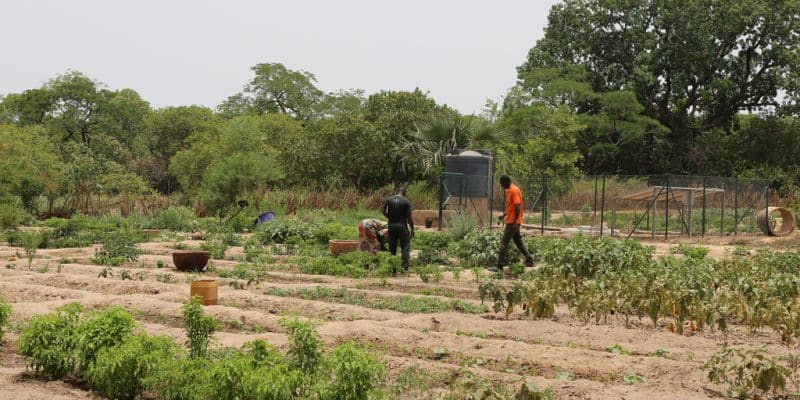While the latest floods in August 2022 ravaged the food resources of 340,000 people in Chad, the World Bank is allocating $105 million to the government of this Central African country to improve climate resilience in rural areas.
In response to the climatic hazards that have affected Chad, the World Bank is providing $105 million (70 billion CFA francs) to strengthen the food security of rural populations whose livelihoods are threatened. The agreement was signed on October 17, 2022 in Washington, D.C., in the United States of America, between Moussa Batraki, Chad’s Minister of Economic Prospects and International Partnerships, and Boutheina Guermazi, the World Bank’s Director of Regional Integration for Sub-Saharan Africa, the Middle East and North Africa (Mena).
According to the Chadian authorities, this financing will allow for investments in the areas of water and agro-ecology in particular. Ultimately, the project will benefit 600,000 people, particularly small farmers, as well as micro, small and medium-sized enterprises (MSMEs) operating in rural areas.
“This is a complementary financing within the framework of the Project for Strengthening Agricultural Productivity and Climate Resilience (Propad) initiated by the transitional government in order to increase the local economy,” explained Minister Batraki. With a growth rate estimated at 0.9% in 2021 by the World Bank, Chad has in recent years multiplied agreements with development partners such as the Global Environment Facility (GEF).
Read also-CHAD: The municipality of N’Djamena equips 19 associations for sanitation
In July 2020, the GEF granted the government of this Central African country $5.3 million (3.1 billion CFA francs) in funding for the implementation of the Sahel Food and Nutritional Insecurity Resilience Project (P2RS). This biodiversity and climate project is also supported by the African Development Bank (AfDB). The P2RS is expected to benefit 3 million people living in rural areas, including pastoralists and traditional fishermen in Sahelian countries such as Burkina Faso, Gambia and Mali.
Benoit-Ivan Wansi






